By the end of 2019, there were more than five million self-employed people in the UK, representing more than one in seven of all workers.
While self-employment offers many benefits, from flexible hours to ‘being your own boss’, there can be some downsides – especially when it comes to getting a mortgage.
Charles McDowell of Aldermore Bank says that research it has carried out shows that three in ten self-employed homeowners believe the mortgage process is biased against them.
The truth is rather different. Most lenders are more than happy to lend to self-employed applicants, and you generally have access to the same range of deals as employees.
However, there isn’t a ‘one-size-fits-all’ approach to underwriting self-employed mortgage applicants. So, whether you’re a company director, a contractor, or you own your own business, what a lender considers ‘your income’ really matters – and this guide is here to help you.




